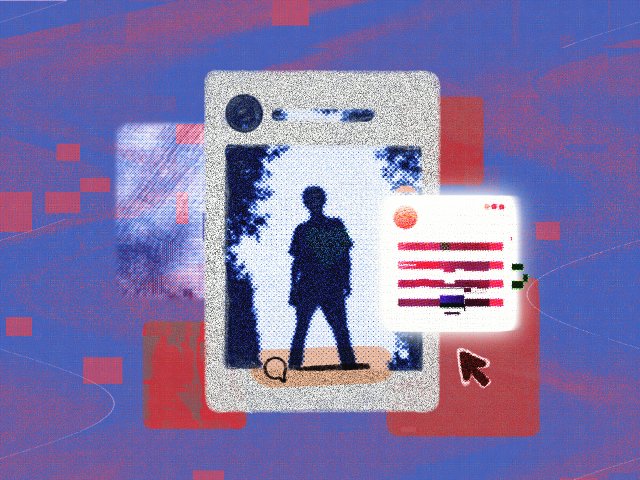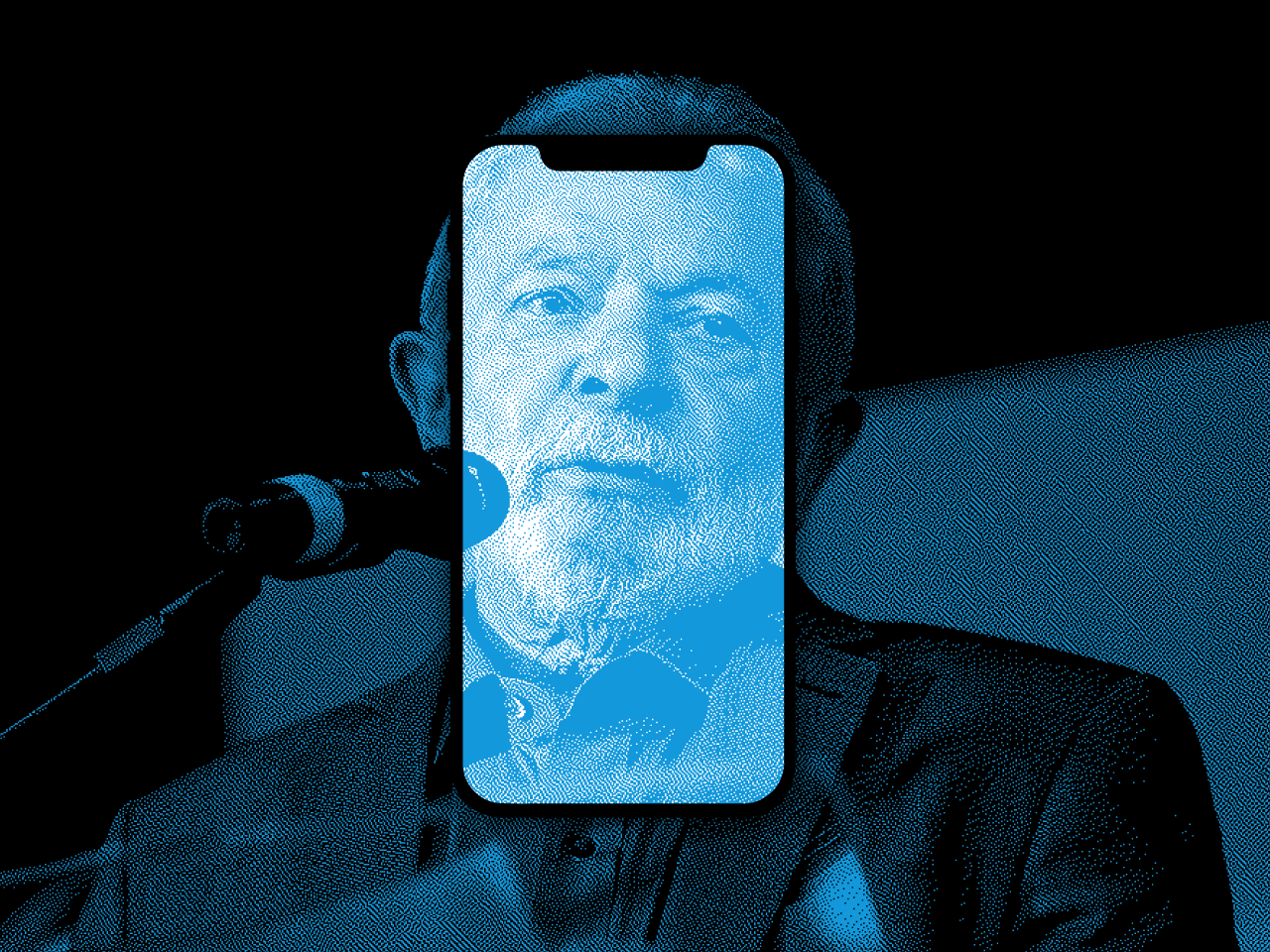Receba nossas newsletters
É de graça. Só tem coisa fina, você vai curtir!
Telegram was essential for the organization and logistical planning of the January 8, 2023 invasions of Brazil’s Congress, Supreme Court and presidential offices thanks to weaker moderation on the network. This is the assessment of Emillie de Keulenaar, a researcher at the University of Groningen, who also detected that other platforms took on secondary functions on the date.
“From the moment the election result was declared, Telegram was used to plan more sensitive doings from a security point of view, or the possibility that they (Bolsonarist groups) would be moderated or even punished. At first, to plan the strikes in November and December and to call for a military coup in various forms. And, eventually, to plan the attack of Jan. 8,” the researcher told Núcleo.
Emillie is part of a group of researchers from the University of Groningen and Amsterdam, that has been collecting Brazilian data from six platforms since the end of 2021: Facebook, Instagram, Twitter, YouTube, Telegram and Gettr.
In the days surrounding the invasion of Brazil’s Congress, Supreme Court and presidential offices, the group analyzed the movements, conversations, and content on the platforms, and how the use of these networks was affected by moderation decisions.
- Event: Calls for military intervention were relatively “marginal” before October 31, 2022, but skyrocketed after Lula’s victory and took center stage among the Bolsonarist demands.
- Platforms: Each platform played a role. Telegram was used for detailed planning and in a relatively coordinated manner, while Facebook and Instagram distributed invitations to the events of Jan.8.23. The type of wording and terminology is “more or less explicit,” according to the survey, depending on the moderation bias of each network.
- Moderation: The platforms, especially FB and Instagram, conduct their moderation from a North American perspective. Content that called for military or federal intervention, an issue that researchers considered to be “existential” to the Brazilian state, was hardly moderated.
- Network: Despite efforts by platforms and Brazilian authorities to moderate scammy posts, this content still circulated among “somewhat moderated” platforms, benefiting from the lack of Brazilian context in content moderation.
In Emillie’s assessment, the type of organization made possible on Telegram would not be feasible on other platforms such as Twitter, Facebook and Instagram. “They are not platforms that are very easy to do a kind of coordination like that on smaller details - times, places, people, buses, etc. - and secondly, as they themselves feared, these are much more prone to moderation, both by the platform and by the Superior Electoral Court [Tribunal Superior Eleitoral, TSE],” she explained.
Once organized on Telegram, details were passed on in a less specific and even encrypted way on platforms such as Twitter. Emillie mentions the case of Ana Priscila Azevedo, the organizer of the coup acts, arrested on January 10, as someone who played both a logistical planning role on Telegram and distributed more “encrypted” messages on Twitter.
YouTube, according to the researcher, was widely mentioned in more moderate networks as well as less so - such as Telegram - as a kind of repository of intellectual resources, with videos of Olavo de Carvalho and by Jovem Pan, with interpretations that somehow dialogued with the radicals’ expectations of a military coup.
Facebook and Instagram were used to distribute invitations to the Jan. 8 acts, but also in a more covert, less explicit way. However, Emillie points out the presence of videos of influencers or characters on Facebook that are also active on the platform. This is the case of an alleged reserve military officer named Coronel Koury, the main administrator of the Telegram group B38.
“He was instrumental in such theory that there was fraud and that one cannot confirm the veracity of the process without its source code. He also posted a lot of things on FB without real moderation,” Emillie said.
The role of leaderships
According to the researcher’s view, in the case of Telegram, one must look at leads beyond people, since content can also constitute points of influence that alter the course of the conversation.
“There is an infinite exchange of information on Telegram, there’s someone writing something all the time, but at a certain point there’s a text someone has written or an audio that goes viral and that, in itself, I believe is what creates an influencer, an information that changes the course of the conversation”, Emillie added.

As viral content, she mentions videos of Olavo de Carvalho, in which the philosopher talks about an alternative theory of people taking power and, on the 2nd and 3rd of January, when planning began, audios by Ana Priscila Azevedo and from another woman went viral.
The analysis also pointed to another very influential type of content: audios of people who claim to have connections with military personnel or their relatives. “Those ones also have a lot of influence, because after all it is privileged information.”
Going viral goes on without moderation
Researchers captured data on how the 500 most popular pieces of content on each platform were moderated (except Gettr, for technical reasons). Content with the most engagement has not been moderated as of today, according to Emillie.
Furthermore, it is clear from the analysis that, in general, the policies applied in Brazil have been previously developed for other electoral contexts.
“These policies were nowhere mentioning content that promoted the coup, for example. This is not something that was acknowledged as problematic by any of the platforms,” explained the researcher.
This matter of missing local context and adjustment for the Brazilian elections was also pointed out by more than 100 entities, which published demands to the platforms on February 7, 2023 about electoral integrity.
Emillie states it is now possible to see that some content has been deleted, which suggests, in her view, a retrospective action. “It’s the platforms trying to wake up to the reality of political violence, to the content that they have allowed to be posted.”
Research visualizations can be accessed at this link.











